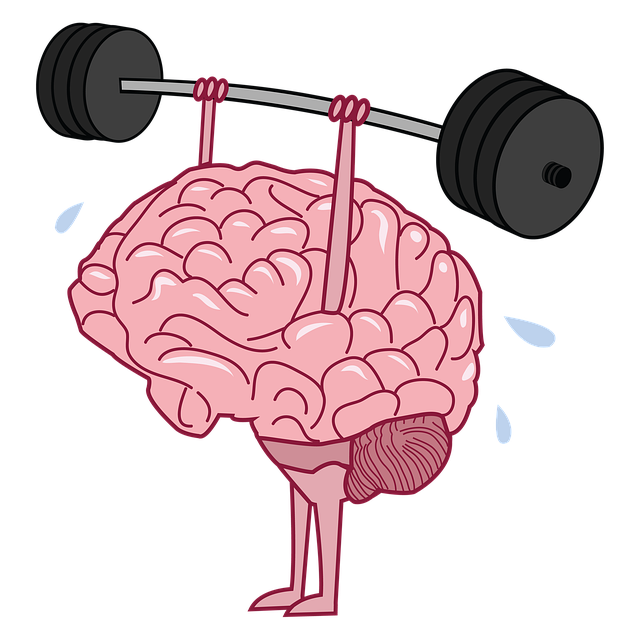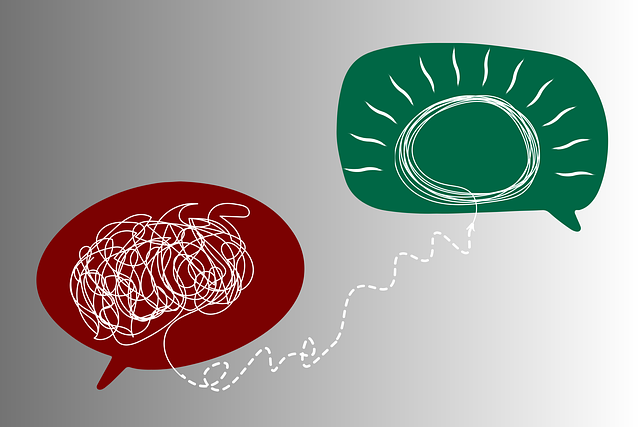Lakewood Crisis Counseling Therapy (LCT) employs the RFM framework—identifying risk factors, moments of fragility, and momentum—to build resilience in individuals facing crises. Through targeted interventions focusing on self-esteem and mental illness stigma reduction, LCT aims to help clients thrive post-crisis, preventing depression and promoting holistic well-being. Core components include resilience-building exercises, self-awareness exercises, and evidence-based communication strategies tailored to individual needs. The program incorporates cultural competency training, Stress Management Workshops, and continuous improvement based on qualitative and quantitative data analysis, emphasizing empathy and emotional intelligence within the community.
“In today’s unpredictable world, fostering resilience is key to navigating life’s challenges. This article explores the powerful tool of RFM (Risk, Resilience, and Strength) and its role in crisis counseling. We delve into implementing resilience-building exercises within therapy, highlighting the unique Lakewood Crisis Counseling Therapy approach. By understanding these methods, professionals can empower individuals to build mental fortitude. Through measuring success and continuous improvement, this strategy ensures a tailored and effective support system, offering a game-changer in crisis intervention, particularly within the context of the Lakewood model.”
- Understanding RFM and its Role in Crisis Counseling
- Implementing Resilience-Building Exercises in Therapy
- The Lakewood Crisis Counseling Therapy Approach
- Measuring Success and Continuous Improvement
Understanding RFM and its Role in Crisis Counseling

At Lakewood Crisis Counseling Therapy, we recognize that building resilience is a cornerstone in crisis counseling. RFM, or Risk, Fragility, and Momentum, is a framework designed to help individuals navigate challenging situations with greater adaptability and strength. This model identifies three key elements: risk factors that contribute to vulnerability, moments of fragility when stress becomes overwhelming, and the momentum for recovery and growth.
By understanding these aspects, counselors can tailor interventions focused on self-esteem improvement and mental illness stigma reduction efforts. RFM guides therapists in assisting clients not just to survive crises but to thrive afterward, aiming to prevent depression and promote holistic well-being. This approach is particularly impactful in fostering resilience, ensuring individuals are equipped to face future challenges head-on.
Implementing Resilience-Building Exercises in Therapy

Resilience-building exercises play a pivotal role in enhancing individuals’ ability to cope with life’s challenges, making them invaluable tools within the realm of therapy. At Lakewood Crisis Counseling Therapy, we recognize that nurturing inner strength is essential for mental health and well-being. Our approach involves incorporating various self-awareness exercises designed to empower clients and equip them with effective coping mechanisms.
These exercises encourage individuals to explore their emotions, thoughts, and behaviors, fostering a deeper understanding of themselves. Through structured activities, clients develop strategies to manage stress, anxiety, and other mental health issues. The ultimate goal is to help individuals build inner strength and resilience, enabling them to navigate life’s complexities with greater ease. This holistic approach aligns with the broader Mental Health Policy Analysis and Advocacy efforts, aiming to create a supportive environment where self-awareness exercises thrive.
The Lakewood Crisis Counseling Therapy Approach

The Lakewood Crisis Counseling Therapy Approach is a structured and evidence-based method designed to enhance resilience and mitigate crisis responses. This approach leverages communication strategies tailored to individual needs, ensuring that every person involved receives the support they require during challenging times. By focusing on building emotional strength and coping mechanisms, this therapy goes beyond immediate crisis intervention to foster long-term mental well-being.
Integral to the Lakewood Crisis Counseling Therapy is the concept of cultural competency, particularly relevant in today’s diverse healthcare landscape. This involves training healthcare providers to understand and appreciate different cultural perspectives, thereby creating a more inclusive and effective support system. Integrated into this framework are Stress Management Workshops Organization sessions that empower individuals with practical tools for managing stress and navigating life’s curveballs. These workshops contribute to the development of resilience, enabling participants to approach crises with clarity and confidence.
Measuring Success and Continuous Improvement

Measuring Success and Continuous Improvement are paramount when implementing RFM (Resilience, Flexibility, and Mastery) exercises, especially through Lakewood Crisis Counseling Therapy’s Community Outreach Program. The impact of these initiatives is best evaluated through qualitative and quantitative data analysis. Qualitatively, feedback from participants and stakeholders provides insights into the program’s effectiveness in building empathy and emotional intelligence within the community. This includes observing improvements in interpersonal connections, enhanced problem-solving skills, and increased resilience to stress and adversity.
Quantitative measures, such as pre-post test scores and participant attendance rates, offer a more tangible picture. For example, tracking emotional intelligence development through standardized tests or self-reported surveys can demonstrate progress in areas like self-awareness, self-management, social awareness, and relationship skills. By regularly reviewing these metrics, Lakewood Crisis Counseling Therapy can adapt their Empathy Building Strategies to better meet the evolving needs of the community, ensuring the program’s sustainability and relevance over time.
The implementation of RFM and resilience-building exercises, as exemplified by the Lakewood Crisis Counseling Therapy approach, offers a robust framework for enhancing individuals’ ability to navigate and recover from crises. By integrating these strategies into therapy, mental health professionals can empower clients to build resilience, fostering adaptability and emotional strength. Continuous improvement through measured success ensures that these interventions remain effective and tailored to individual needs, ultimately contributing to positive outcomes in crisis counseling.














